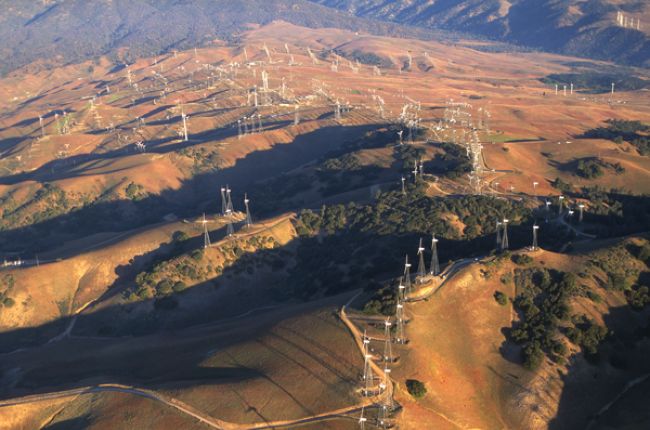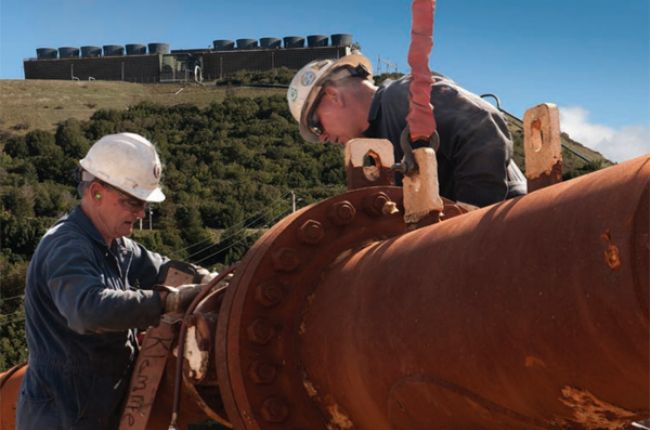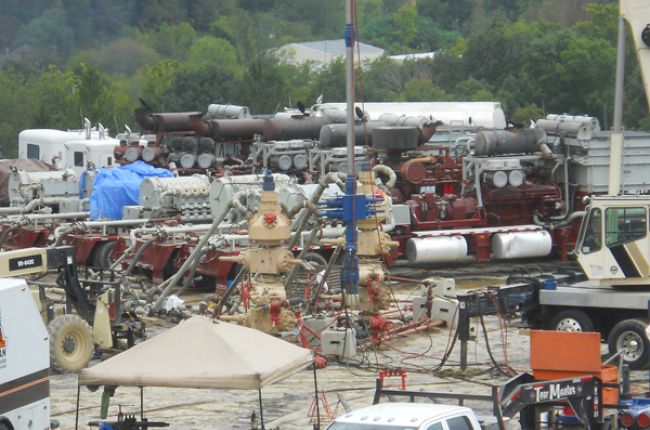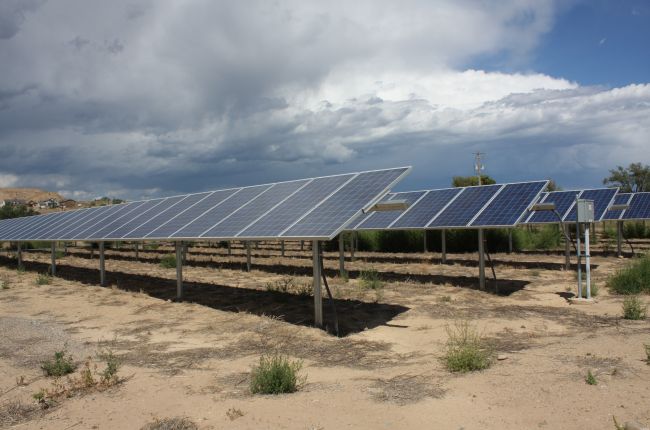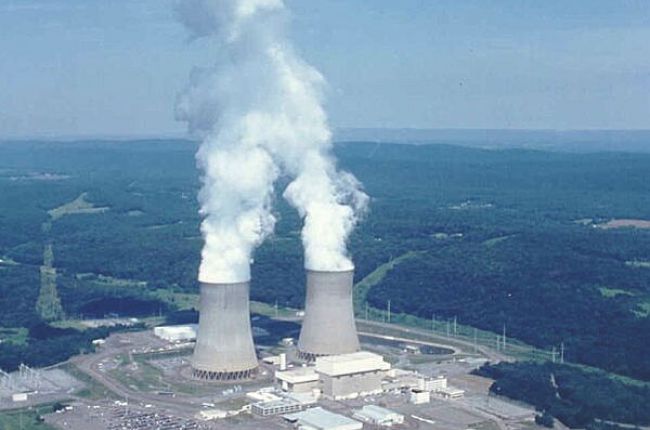Developing Energy to Power the Nation
Energy supports economic growth, national security, and all the elements of daily life—food, water, transportation, communication, and entertainment. The United States’ historically robust and secure energy systems have contributed to our high quality of life.
Geoscientists find and develop earth- and ocean-sourced energy, such as oil, natural gas, coal, uranium, and geothermal. They also find and develop the raw materials needed for renewable energy sources, such as cement and metals for dams, and rare earth elements for wind turbines and solar installations. In addition, geoscientists help determine suitable locations for energy infrastructure, including refineries, transmission lines, dams, and wind farms.
For an energy-secure nation:
Assess the quantity and location of energy resources. Geoscientists improve understanding of energy resources, helping decision makers to create robust energy policies and allowing energy producers to develop resources more efficiently.
Develop the nation’s diverse energy sources. The United States relies on a variety of energy sources including petroleum, natural gas, coal, nuclear, hydroelectric, geothermal, and other renewables, like wind and solar. The continued responsible development of these resources, and the advancement of emerging energy sources, will ensure reliable supplies for the future.
Study and develop solutions that reduce the environmental impacts of energy extraction and generation. Geoscientists perform life-cycle analyses of the short- and long-term impacts of energy development, use, and waste disposal that help inform energy policy decisions.
Learn more
- Geoscience for America's Critical Needs: Invitation to a National Policy Dialogue (Webpage and Report), American Geosciences Institute
This document outlines high-level actions to address major policy issues where the geosciences play a significant role. Download the report
Download the report
- Critical Issues: Energy (Webpage), American Geosciences Institute
Overview of the geoscience behind energy issues.
- Critical Issues Webinar: Making Produced Water More Productive (Recorded Webinar), American Geosciences Institute
Discussion of produced water management and re-use options

